- Iterate
- Meet The Team
- Seven Fintechs Shaping Africa’s Digital Payment Ecosystem
Seven Fintechs Shaping Africa’s Digital Payment Ecosystem
Table of contents
In developed economies, fintech is often seen as a disruptor of conventional business models. In Africa, it is being used to tackle problems not yet addressed by traditional banks.
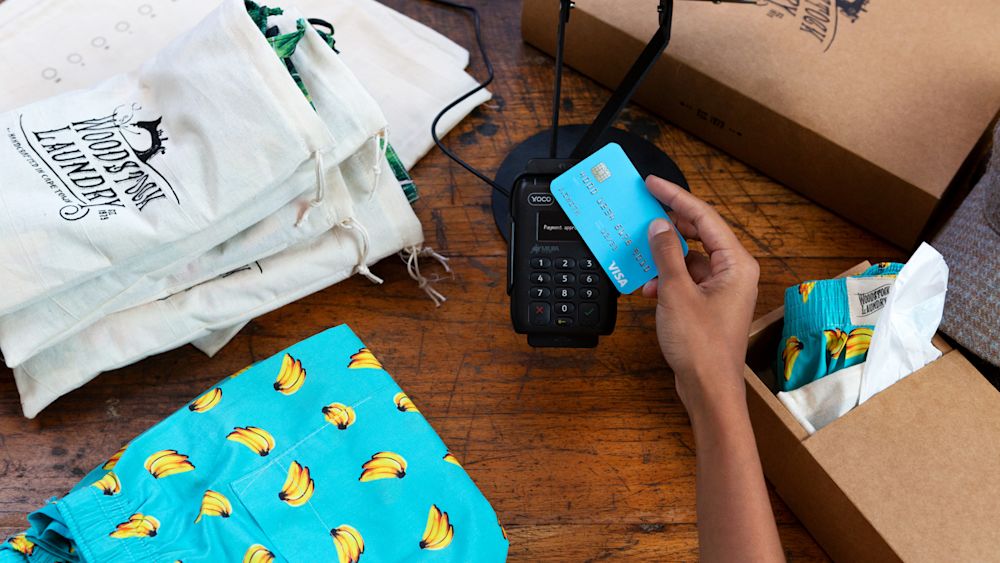
In developed economies, fintech is often seen as a disruptor of conventional business models. In Africa, it is being used to tackle problems not yet addressed by traditional banks. The continent has the highest unbanked population in the world, with 57% of people in Sub-Saharan Africa (SSA) lacking access to formal savings and credit. It is anticipated that only 456 million of Africa’s 1.2 billion adults will have a bank account by 2022, while cash is used for 90% of all transactions in SSA, according to the World Bank. There is enormous untapped value in the platforms, tools and infrastructure that encourage and incentivize financial inclusion and foster innovation.
E-commerce revenue in Africa is projected to reach $41M by 2025. Investors and entrepreneurs are grasping at the unfolding opportunities.
In 2020, an estimated $1.8 billion went to African fintech startups. Mobile money is a dominant player in the fintech space and is further accelerating the growth of e-commerce on the continent. Smartphone penetration is set to increase from 45% - 65% by 2025, opening up new opportunities for individuals to access online stores and utilize alternative payment methods on the continent. Plus, COVID-19 has only accelerated the need for digital platforms. With the World Health Organisation discouraging use of cash payments, people who wouldn’t have ordinarily trusted mobile and online payment platforms have had no other choice but to try out digital options.
The Org has identified seven key players throughout Africa that are leveraging this significant opportunity and raising the bar for the digital payments industry on the continent.
M-Pesa
It is difficult to delve into the landscape of digital payment platforms without first unpacking M-Pesa, a Kenyan pioneer in mobile money. The brainchild of former Vodafone executive, Nick Hughes, M-Pesa allows users to send and receive money using a kiosk – the client gives their cash to a kiosk attendant, who transfers the amount digitally to the client’s M-Pesa account. The cash is deposited at a bank account held by Safaricom, the mobile operator that launched M-Pesa in 2007. SMSes are sent as a receipt, providing clients with a digital confirmation of their transaction and account balance
The company has a presence in 10 countries and has been setting the standard for mobile money on the continent and the rest of the world for over a decade. Even Bill Gates has credited M-Pesa for the impact it has had on poverty alleviation. In Kenya alone, there are 176k mobile merchants, which are typically mom and pop shops that serve the same purpose an ATM would. Out of a population of 53 million, a total of 32 million individuals are mobile money subscribers, of which 26.6M subscribe to M-Pesa.
Paga
Nigeria has notably been a cash-driven economy, one where a company able to offer a mobile payment solution at affordable rates would achieve much success. Paga, founded in 2009 by Tayo Oviosu and Jay Alabraba, is a multi-channel network that allows users to pay bills, send money, and buy items online, leading the fintech curve in the most populous country on the continent. Similar to M-Pesa, Paga services unbanked individuals in Nigeria. They process 3.5 million transactions per month and have 17.1 million individual users. The platform currently has over 25k mobile agents who serve as a distribution channel to facilitate transactions and has raised $34.7 million in funding. In January 2020, Paga acquired Apposit, a software development company based in Ethiopia as part of their strategic imperative to expand to Ethiopia and Mexico and reach their goal of having 1 billion users globally.
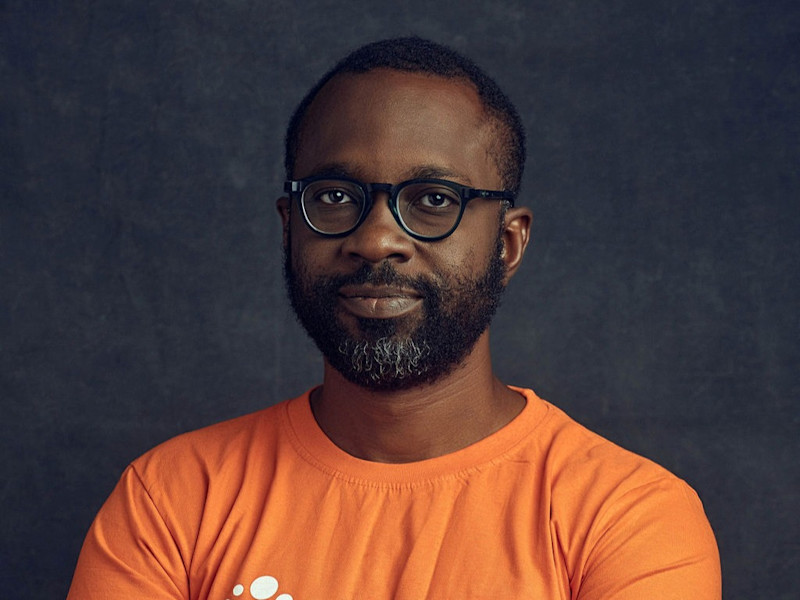
Peach Payments
Founded in 2013, Peach Payments is currently the largest payment gateway in South Africa. It provides the infrastructure required to accept payments across various digital channels and allows multiple payment methods, making them a key enabler of the growing e-commerce ecosystem in the country.
Being one of the first providers to offer a subscription or recurring billing service is what set them apart in the early days. After building a modern platform and landing partnerships with Visa and PayPal, they now process over $150 million worth of transactions for notable players annually and are growing at a rate of over 100% year-on-year. Peach Payments has raised $63k over two rounds and is currently funded by three investors, with most recent investors being Umkhathi Wethu Ventures and Allan Gray.
Yoco
Another South African player, Yoco is a success story of a fintech company founded in 2015 by CEO Katlego Maphai and three of his friends. They started Yoco, to give SMEs in South Africa inclusive access to payment solutions by providing them with Bluetooth and 3G card machines. They identified that fewer than 20% of small businesses had the technology and infrastructure required to accept card payments, and subsequently set out to solve this problem.
The company achieved steady growth over time by introducing other ancillary products, such as a working capital facility for the small businesses that use their existing products, and have already disbursed $16M to date.
With COVID-19 reducing the number of face-to-face interactions, in 2020 Yoco had to ramp up strategies to introduce avenues for small businesses to accept payments online. One of the mechanisms they´ve introduced is a way for merchants to send unique real time payment tools to buyers by issuing a link that can be distributed via social media or WhatsApp in order to receive payments instantly. Like Peach Payments, Yoco is also integrated with WooCommerce.
Yoco has raised $23 million over four rounds. It currently services over 120k merchants and processes $280 million in payments annually for them. The company was named one of the top 250 most promising fintech companies by CB Insights for the last 3 years running.
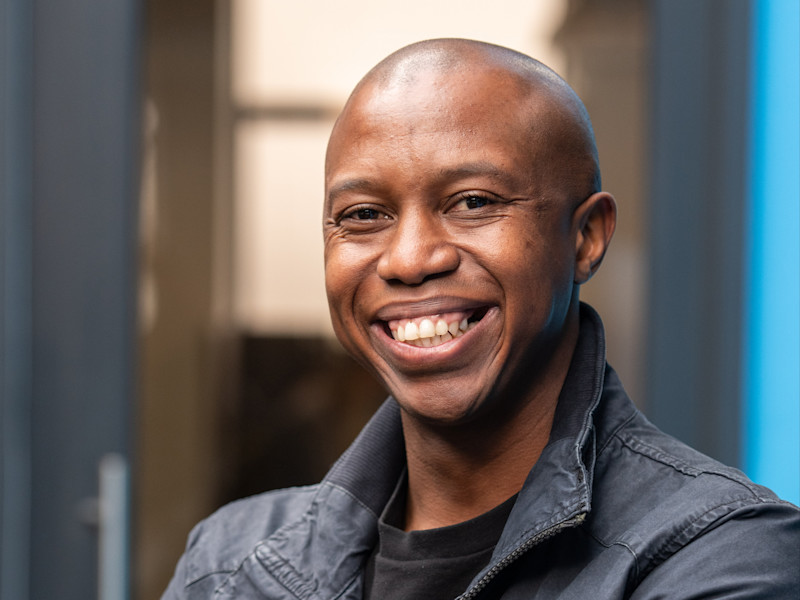
Flutterwave
Founded in 2016 by a team of ex-bankers, entrepreneurs and engineers primarily from Nigeria, Flutterwave’s vision is to help Africans build global businesses by making it simpler for them to make and accept payments around the world.
Where many of the major industry players focus specifically on P2P (M-Pesa and Paga) or C2B (Peach Payments and Yoco), Flutterwave focuses predominantly on B2B interactions and is planning on expanding into education, travel, and gaming in the near future. Clients are able to make use of Flutterwave’s APIs by working alongside developers to create customisable payment processes and applications. Two notable clients include Uber and Booking.com and in 2019, the company managed the payment integration for the Cardi B concert in Nigeria and Ghana.
Processing over 100 million annual transactions, equating to approximately $5.4 billion in value, Flutterwave is a trailblazer in the digital payment environment on the continent and has raised $64.7 million.
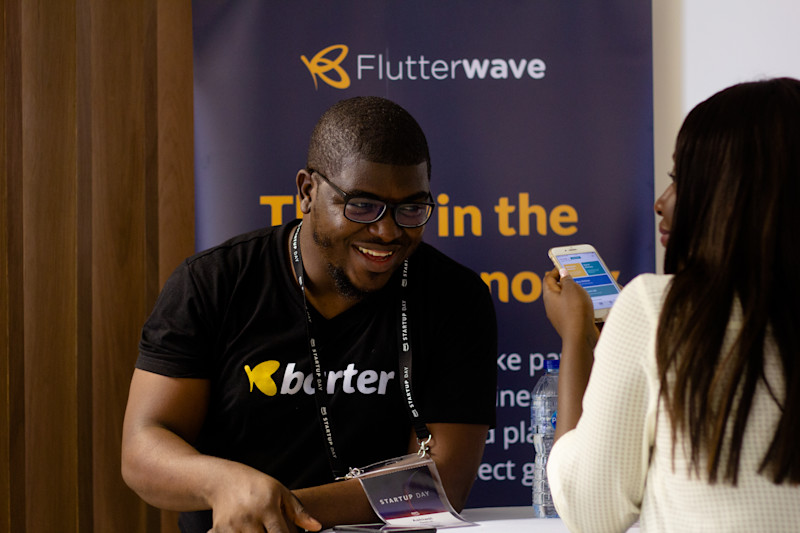
Eversend
Originating in Uganda, Eversend offers a multi-currency e-wallet that allows users to transfer, receive, and spend money digitally. The business idea was sparked when founder and CEO, Stone Atwine, was working outside of the country. Every month he struggled to send money to his grandmother who lived on a rural farm. At the time, his only payment option was Western Union, which deducted a 15-20% fee. His grandmother then needed to leave her eight grandchildren behind, travel by bus for one hour to collect the cash, and then make her way home with said cash on a busy bus – a process which was time-consuming, costly, and unsafe.
The solution was to develop a platform that allowed users to make mobile money payments from abroad. Eversend is an application that is USSD enabled, allowing transactions to be made without internet access. The platform allows users to exchange between currencies (UGX, USD, KES) as well as mobile money accounts in Uganda, Rwanda, and Tanzania. The company has raised $2.1 million in funding and has plans to expand to Nigeria and Francophone Africa.
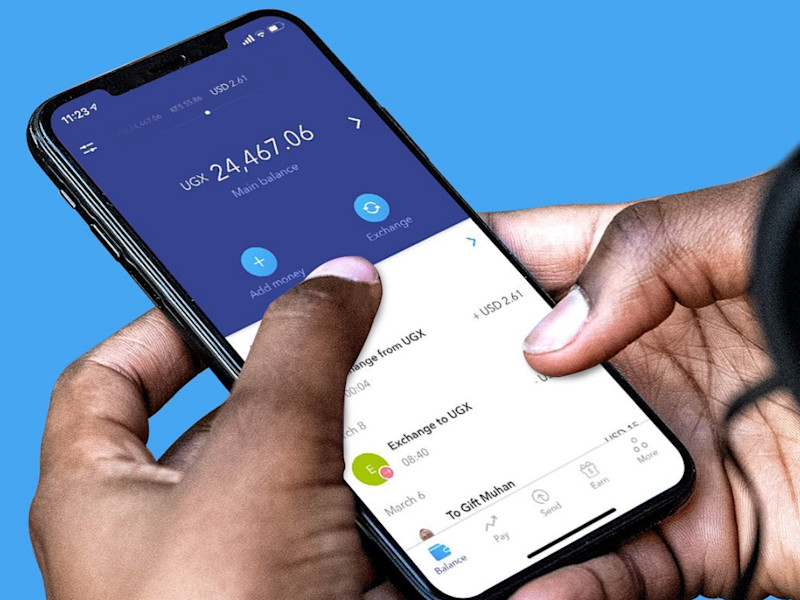
Chipper Cash
A newcomer to the environment, Chipper Cash was only launched in 2018 by Ham Serunjogi and offers mobile, zero-fee, P2P services across Ghana, Uganda, Nigeria, Tanzania, Rwanda, South Africa, and Kenya. The company boasts three million users and processes on average 80k transactions per day. Chipper Cash aims to branch out geographically as well as on the product side, with the intention of launching business payment solutions, crypto-currency trading options and investment services. Most notably, Chipper Cash has raised $30 million in Series B funding and is backed by Bezos Expeditions, Jeff Bezos’ personal VC fund.
--
The Org is a professional community where transparent companies can show off their team to the world. Join your company here to add yourself to the org chart!
In this article


The ORG helps
you hire great
candidates
Free to use – try today